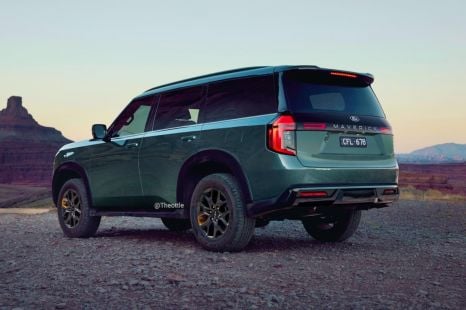

Ben Zachariah
Move over, Patrol: New-era Ford Maverick SUV imagined
9 Hours Ago
Volkswagen is making some bold claims about how its autonomous driving business will expand coming into 2030.

Contributor


Contributor
Volkswagen believes it’s on track to make autonomous driving mainstream by the end of the decade, despite global chip shortages, regional legislation, and stunted economic growth all causing delays in development.
The push towards autonomous driving will be led by the Volkswagen Group’s commercial division for fleets such as ride-sharing taxis and delivery vehicles, and will eventually trickle down to personal vehicles.
Volkswagen brand CEO, Thomas Schafer, spoke to Autocar about the Group’s ambitions to stay ahead of competitors in the race to make autonomous driving commonplace.
“You have to put focus on [autonomous driving] and that is why we are pushing so hard in the CV division because once it happens it opens up profit pools and opportunities,” he told Autocar.

“I wouldn’t say the winner takes it all but it’s a game that you need to be in early. You can not wait and then fast forward so that’s why we’re totally focusing on it.”
This continued commitment to developing autonomous driving comes despite the recent news self-driving startup Argo AI is shutting down, even after US$2.6 billion (AU$4 billion) of investment from Volkswagen.
Volkswagen says it’s not fazed by the closure of Argo AI, and intends to continue its efforts in the autonomous driving space, saying it “will hire talented engineers from Argo AI as that company is wound down”.
“The Group is consolidating its development partnerships,” Volkswagen said, reassuring its “goal is to offer customers the most powerful (AD) functions at the earliest possible time and to set up development as cost-effectively as possible”.
Schafer admits there are still roadblocks in bringing this technology to market.
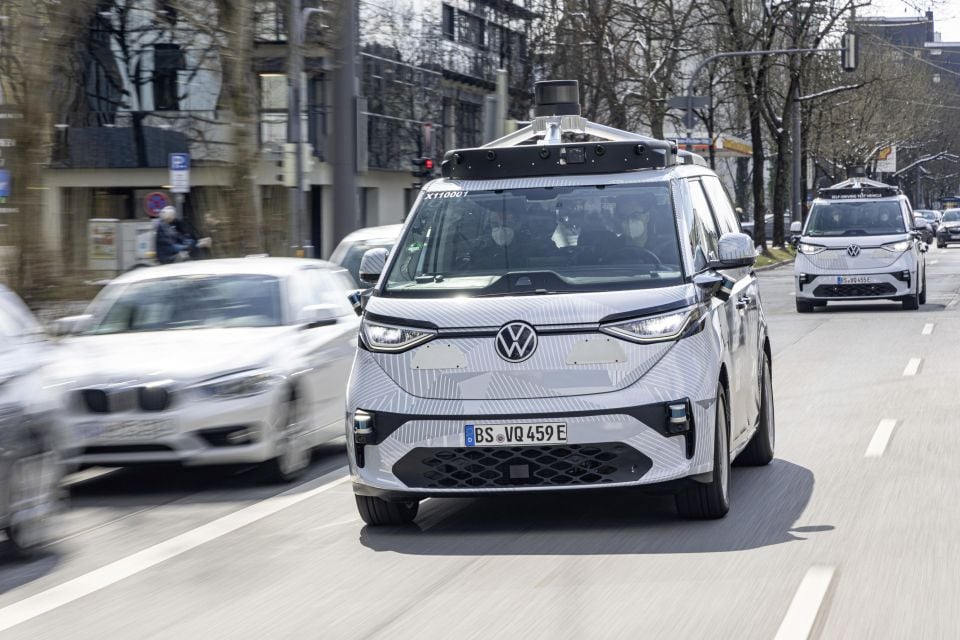
“The technology is available and we are driving in Hamburg and Munich autonomously. The cost of the car is still prohibitive because so little of it gets manufactured,” he said.
“And there’s always the need to prove that the system drives better than a human. The legislation for it is enormous. It’s totally different from country to country.”
Not wanting to minimise the undertaking of bringing complete autonomous driving to passenger vehicles, Schafer told Autocar.
“It’s not as trivial as it seems. It’s the legislation, the camera systems, the chips, the energy consumption and the speed of calculation. The car will be the biggest data collection device there is. It’s really complex.”
Volkswagen is continuing to prioritise development with its software division Cariad and Horizon Robotics in China, while Bosch is its selected partner for the rest of the world.
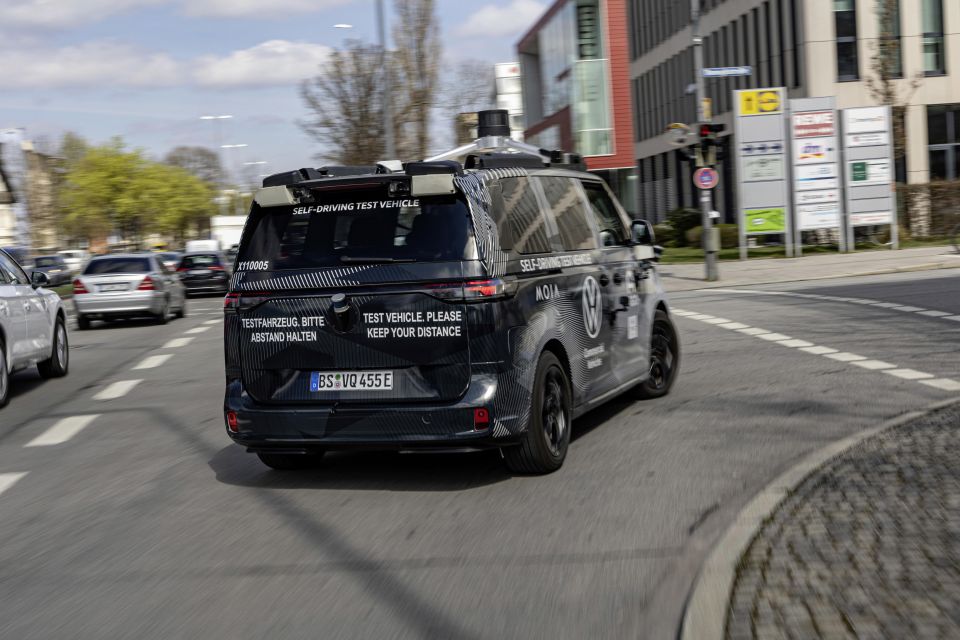
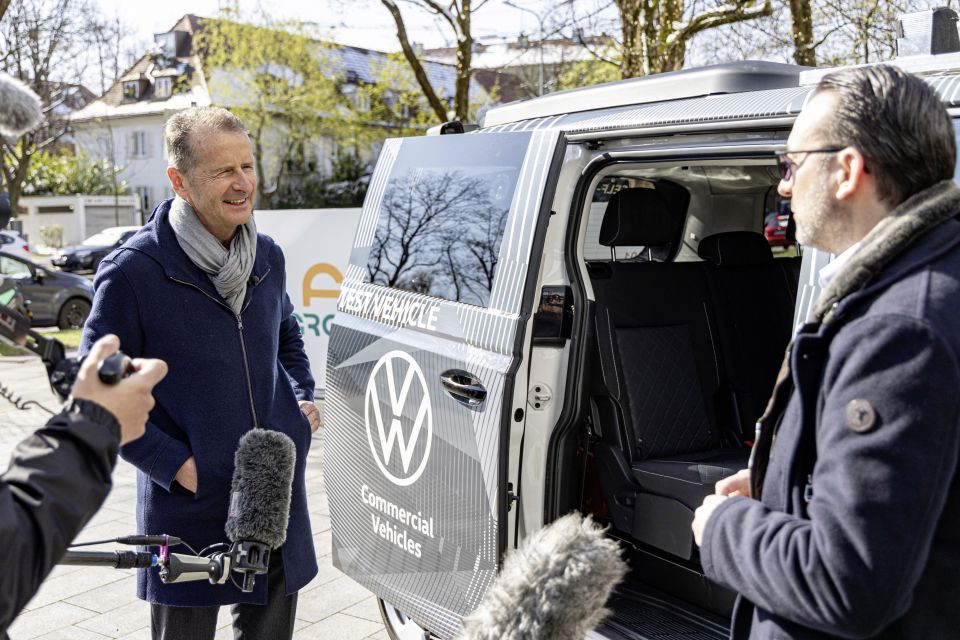
The initial reveal of autonomous technology born from these collaborations is planned for 2023.
It was also recently reported that Volkswagen is planning to expand its partnership with Intel’s Mobileye, a company that already has a working relationship with Cariad, to incorporate its autonomous driving process.
Volkswagen is spearheading its autonomous driving efforts with the ID.Buzz, which is scheduled to be available to customers in Hamburg in 2025.
The ID.Buzz AD made its first public test drive back in April of this year and Volkswagen aims to outfit the vehicle with SAE Level 4 autonomous driving technology fit for use in Europe and the U.S.
Where expert car reviews meet expert car buying – CarExpert gives you trusted advice, personalised service and real savings on your next new car.


Ben Zachariah
9 Hours Ago
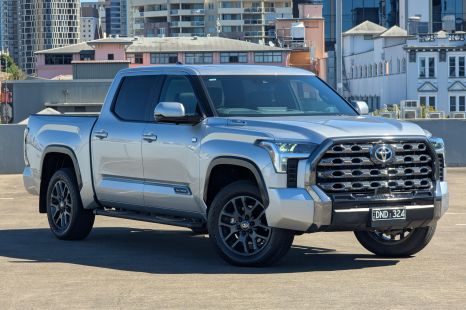

Damion Smy
10 Hours Ago
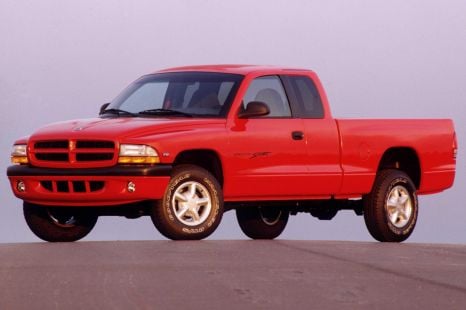

Derek Fung
10 Hours Ago
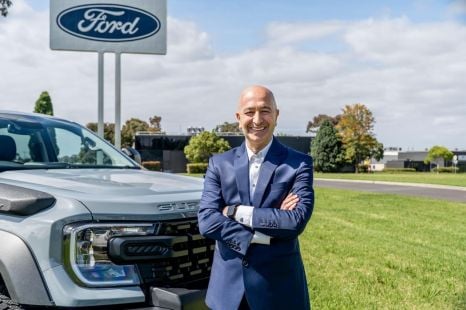

Ben Zachariah
11 Hours Ago
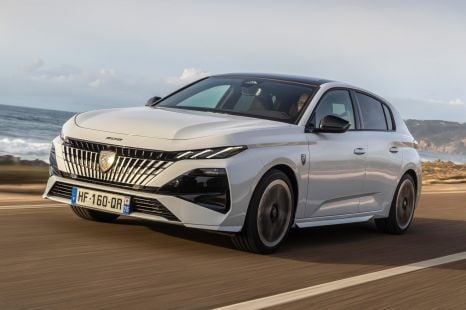

Matt Robinson
17 Hours Ago
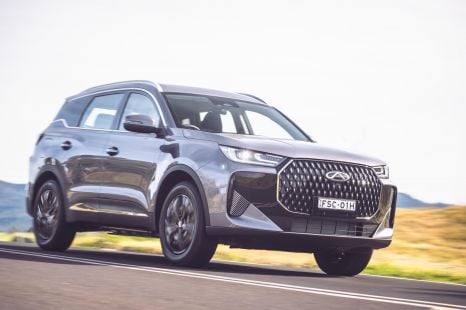

CarExpert.com.au
1 Day Ago